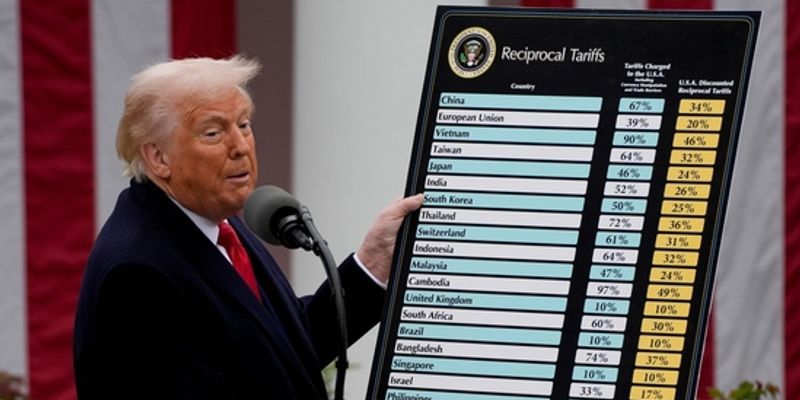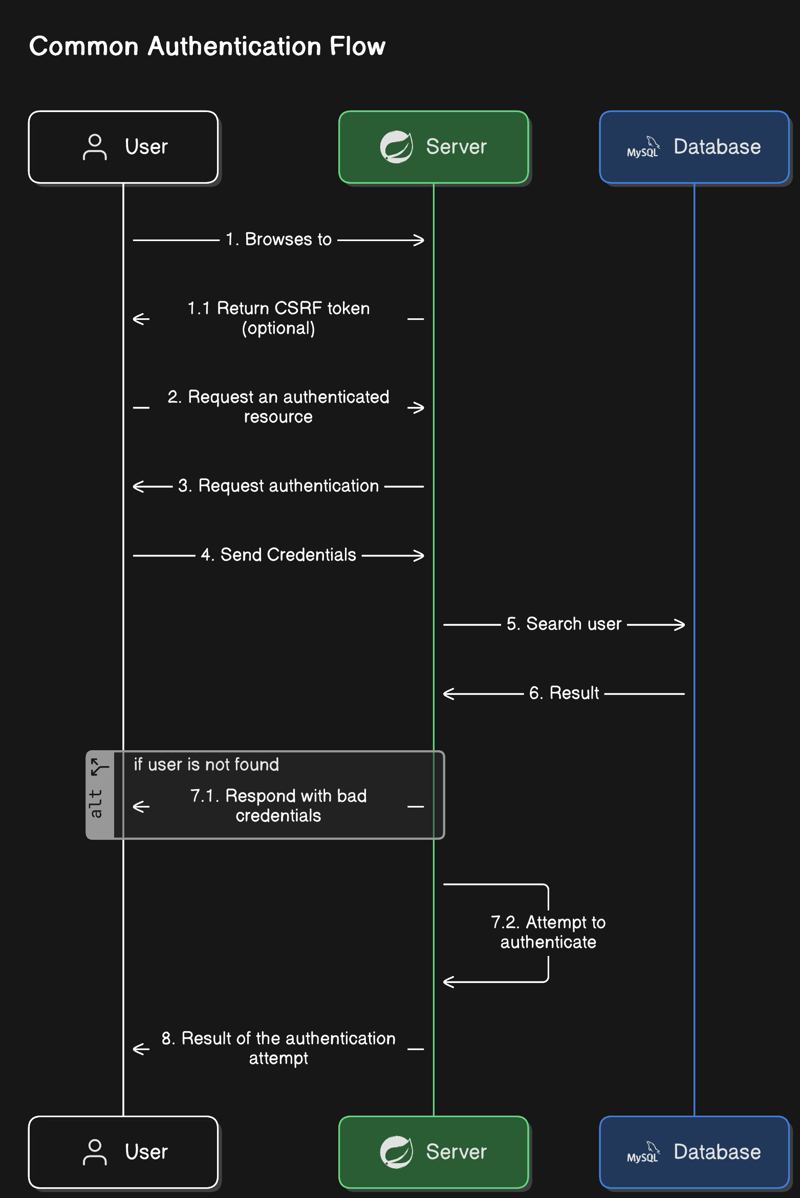What If Money Is Time? A Wild Take on Economical Relativity
You’ve heard “time is money” a million times. But what if we flip it? What if money — GDP, cash flow, economic juice — is actually time? Not the ticking-clock kind, but the way societies move through history. The faster your economy grows, the quicker you blast into the future. The slower it crawls — or collapses — the more you’re stuck in the past. I call it economical relativity, and it’s been rattling around my brain lately. Let me break it down. Think about North Korea and South Korea. Same people, same language, split by a border. North Korea’s GDP per person is barely $1,700 — most folks don’t have internet, electricity’s a gamble, and food’s a daily hustle. It’s like living in the 1800s, scraping by with no window to the world. Then there’s South Korea — $34,000 per head, high-speed everything, skyscrapers, K-pop. They’re not just richer; they’re in a different era. Money didn’t just buy stuff — it sped up their societal clock while North Korea’s stayed frozen. History’s full of this. Way back, fire was the first big win. It cooked food, kept us warm, let us craft better tools — boom, prehistoric GDP spiked, and human life leaped forward. Bows and arrows? Same deal — hunting got easier, food piled up, tribes grew. Fast-forward to steam engines: factories popped up, cities exploded, and the industrial age rewrote time in decades, not centuries. Each technological advancement pumped the economy, and with it, society raced ahead. Now look at Poland. A hundred years ago, they were dirt poor, barely scraping by — like North Korea today. But since the ’90s, their GDP’s soared over tenfold. They didn’t just catch up; they hit fast-forward, building a modern world while the US, already comfy, just coasted. For Poland, those decades felt like centuries of progress crammed into a sprint. Meanwhile, Venezuela’s a grim flip-side. Their GDP’s crashed 75% since 2013 — now it’s bartering, blackouts, and breadlines. It’s not just a crisis; it’s like 1920 rolled back in. Here’s the kicker: tech’s the engine, and AI’s the next beast. Countries jumping on artificial intelligence could turbocharge their economies — think healthcare breakthroughs, automated factories, smarter cities. Decades of progress might hit in a handful of years. South Korea’s already leaning in, while others sleep on it. The gap’s growing — not just in wealth, but in time. One nation’s living in 2040, another’s stuck in 2020. Adoption’s the catch, though — no investment, no skills, no infrastructure? You’re left behind, clock ticking slow. So, economical relativity isn’t some abstract theory. It’s how money bends our sense of history. GDP growth doesn’t just pile up cash — it compresses time, shoving societies into the future. Stagnation or collapse? Time stretches, dragging you back to a world your ancestors might recognize. From fire to AI, technological advancement’s been the spark, lighting up economies and rewinding or fast-forwarding the human story. Next time you hear about GDP stats, don’t yawn. It’s not just numbers — it’s a time machine. Poland’s sprinting, Venezuela’s rewinding, and AI’s about to hit the gas. Money isn’t just power; it’s how fast we live.
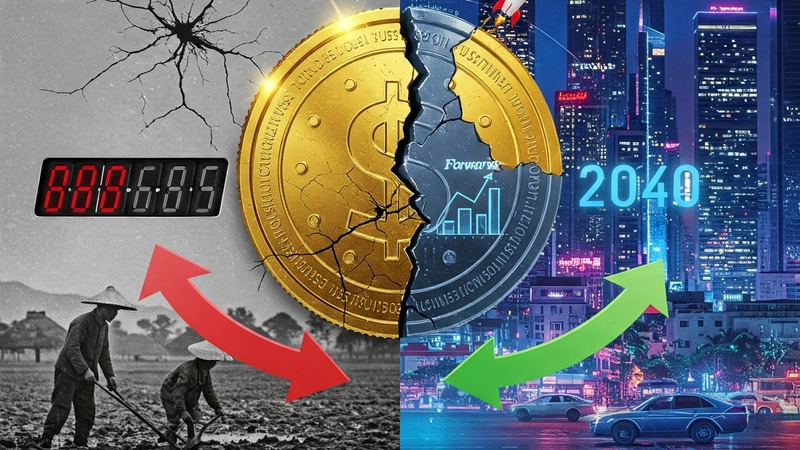

You’ve heard “time is money” a million times. But what if we flip it? What if money — GDP, cash flow, economic juice — is actually time? Not the ticking-clock kind, but the way societies move through history. The faster your economy grows, the quicker you blast into the future. The slower it crawls — or collapses — the more you’re stuck in the past. I call it economical relativity, and it’s been rattling around my brain lately. Let me break it down.
Think about North Korea and South Korea. Same people, same language, split by a border. North Korea’s GDP per person is barely $1,700 — most folks don’t have internet, electricity’s a gamble, and food’s a daily hustle. It’s like living in the 1800s, scraping by with no window to the world. Then there’s South Korea — $34,000 per head, high-speed everything, skyscrapers, K-pop. They’re not just richer; they’re in a different era. Money didn’t just buy stuff — it sped up their societal clock while North Korea’s stayed frozen.
History’s full of this. Way back, fire was the first big win. It cooked food, kept us warm, let us craft better tools — boom, prehistoric GDP spiked, and human life leaped forward. Bows and arrows? Same deal — hunting got easier, food piled up, tribes grew. Fast-forward to steam engines: factories popped up, cities exploded, and the industrial age rewrote time in decades, not centuries. Each technological advancement pumped the economy, and with it, society raced ahead.
Now look at Poland. A hundred years ago, they were dirt poor, barely scraping by — like North Korea today. But since the ’90s, their GDP’s soared over tenfold. They didn’t just catch up; they hit fast-forward, building a modern world while the US, already comfy, just coasted. For Poland, those decades felt like centuries of progress crammed into a sprint. Meanwhile, Venezuela’s a grim flip-side. Their GDP’s crashed 75% since 2013 — now it’s bartering, blackouts, and breadlines. It’s not just a crisis; it’s like 1920 rolled back in.
Here’s the kicker: tech’s the engine, and AI’s the next beast. Countries jumping on artificial intelligence could turbocharge their economies — think healthcare breakthroughs, automated factories, smarter cities. Decades of progress might hit in a handful of years. South Korea’s already leaning in, while others sleep on it. The gap’s growing — not just in wealth, but in time. One nation’s living in 2040, another’s stuck in 2020. Adoption’s the catch, though — no investment, no skills, no infrastructure? You’re left behind, clock ticking slow.
So, economical relativity isn’t some abstract theory. It’s how money bends our sense of history. GDP growth doesn’t just pile up cash — it compresses time, shoving societies into the future. Stagnation or collapse? Time stretches, dragging you back to a world your ancestors might recognize. From fire to AI, technological advancement’s been the spark, lighting up economies and rewinding or fast-forwarding the human story.
Next time you hear about GDP stats, don’t yawn. It’s not just numbers — it’s a time machine. Poland’s sprinting, Venezuela’s rewinding, and AI’s about to hit the gas. Money isn’t just power; it’s how fast we live.












































































































































































![[The AI Show Episode 142]: ChatGPT’s New Image Generator, Studio Ghibli Craze and Backlash, Gemini 2.5, OpenAI Academy, 4o Updates, Vibe Marketing & xAI Acquires X](https://www.marketingaiinstitute.com/hubfs/ep%20142%20cover.png)














































































































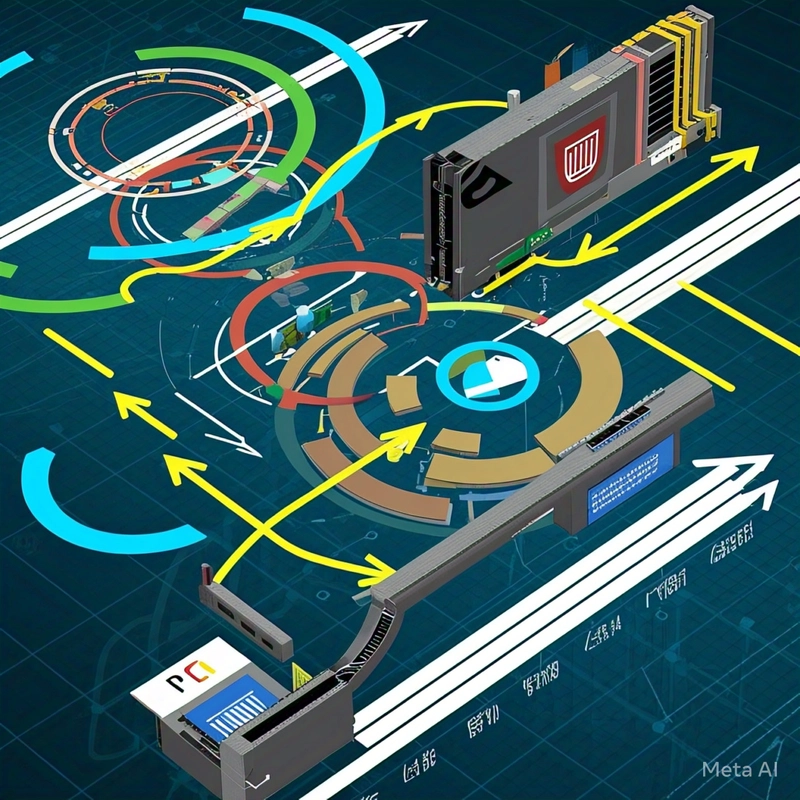


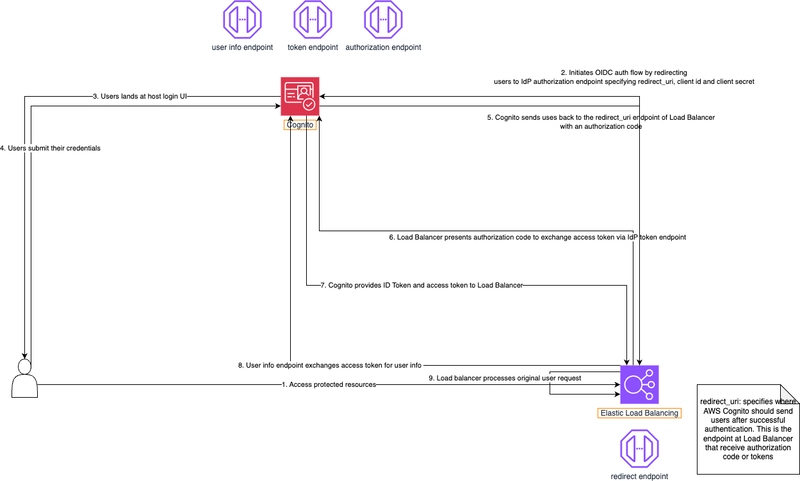









![[DEALS] The Premium Learn to Code Certification Bundle (97% off) & Other Deals Up To 98% Off – Offers End Soon!](https://www.javacodegeeks.com/wp-content/uploads/2012/12/jcg-logo.jpg)


![From drop-out to software architect with Jason Lengstorf [Podcast #167]](https://cdn.hashnode.com/res/hashnode/image/upload/v1743796461357/f3d19cd7-e6f5-4d7c-8bfc-eb974bc8da68.png?#)








































































































.png?#)


































_Christophe_Coat_Alamy.jpg?#)


.webp?#)
 (1).webp?#)













































































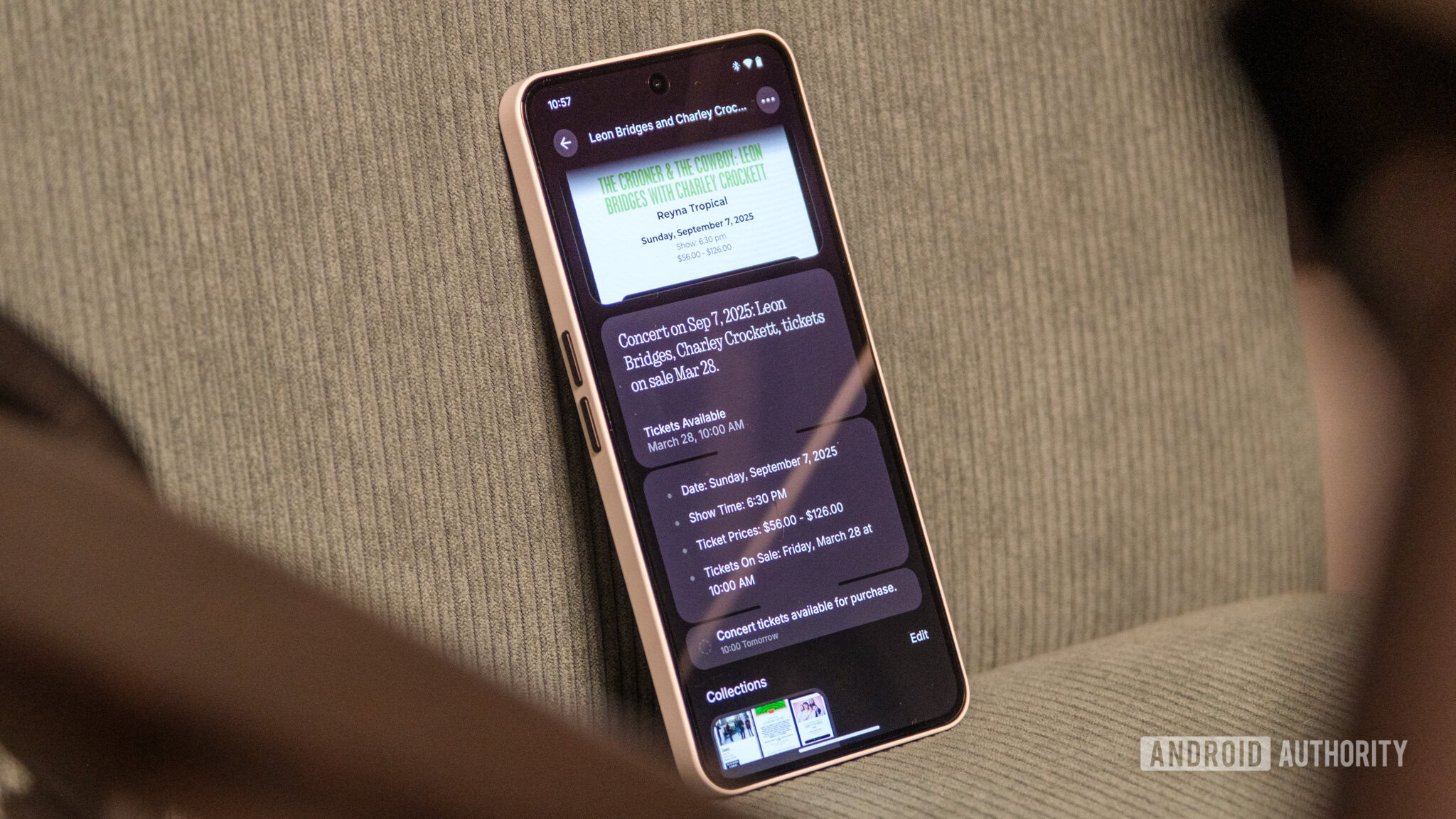





















![Apple Considers Delaying Smart Home Hub Until 2026 [Gurman]](https://www.iclarified.com/images/news/96946/96946/96946-640.jpg)
![iPhone 17 Pro Won't Feature Two-Toned Back [Gurman]](https://www.iclarified.com/images/news/96944/96944/96944-640.jpg)
![Tariffs Threaten Apple's $999 iPhone Price Point in the U.S. [Gurman]](https://www.iclarified.com/images/news/96943/96943/96943-640.jpg)








































































